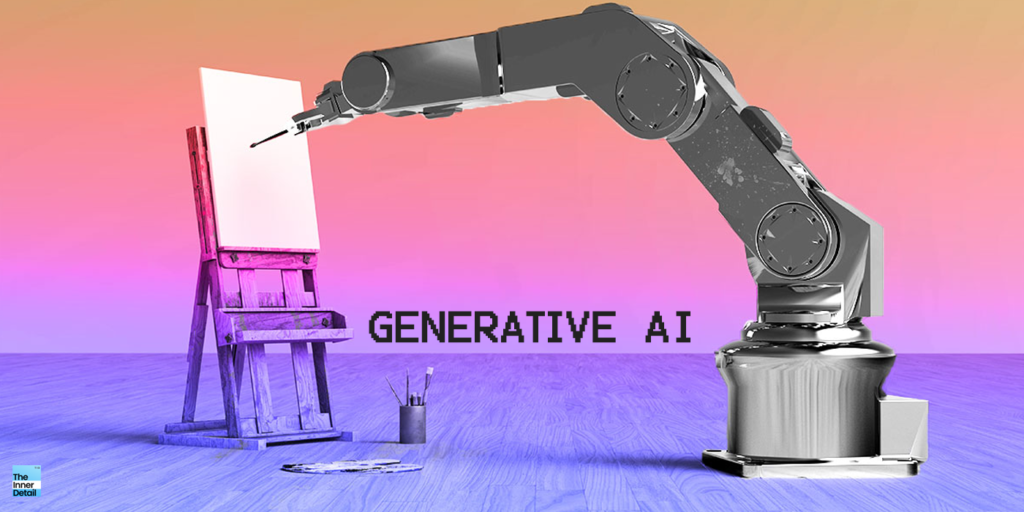Engineering, agree or not, is such a field that has peaky demands & scope for ever. World runs by engineers. However, diving into the field and having thirsty nature towards the latest advancements in the vast realm helps you to be accorded as a good engineer. While most, especially in India are dragged for the course by their parents or neighbor/relative’s suggestions, which wimps the student uninspired for the course.
However, blow your mind to make lemonades from lemon. It’s common to be stranded in an instance and being dump of where to be headed. Those who are in the same kennel, here’s a chance or suggestion, “What to do after Engineering?”, hoping to get a brief overview of your interests and area of departure.
After Engineering
Life seems to be hectic and horrible for the engineering final years & passed- outs, attributing majorly to not knowing which fruits could be tasted. The following is a dilemma of jobs and higher-studies. The 4-year course leave you with multiple options viz, jobs, higher-studies (MBA, M.Tech, MS), entrepreneurship, legging in government services exam, and at-last colloquially, meme-creators.
On hope of giving precision to the topic, let’s stick on to post-grads like M.Tech, MBA & MS) and jobs.
Self-Analysis
Before heading to categories and the thought of your future, make sure to self-analyze your priorities and favorites in academics. Simple way of self-analyzing is just to question yourself like “Whether do I like my department/course? If yes, what sub-field do I like the most in my domain? If not, on what field does my interests rely? How can I get into that? Can my family really afford to my higher studies? If yes, up to what extent?”
It may seem sleeky but bids a great understanding of oneself and aids to upgrade oneself to the contemplated level.
Masters of Technology (M.Tech)
Masters of Technology is a 2-year professional post-graduate engineering program, primarily accorded for specializations of the course. M.Tech course opts for those who are passionate about his/her engineering domain and inspired to learn more on the domain. M.Tech, a skill oriented post-grad produces more of research engineers, whom are in demands by R&D of manufacturing companies and industries, and by IT companies as Project Manager, Research Associate and Senior Engineers. The field promotes you to be the updated figure of the latest innovations in your domain.
M.Tech ask for a valuable GATE score, to get admitted in colleges. B.Tech graduates and 5-year program of Science (B.Sc + M.Sc) graduates are eligible to enroll M.Tech. While near to cent % of engineering colleges have this post-grad, it’s preferable to seek admission in IITs & NITs. In India, IIT Bombay holds the credit of having Microsoft recruited an M.Tech with the highest salary package of ₹1.5 Crore/annum.
Take a look here to check the cut-off GATE score to get enrolled in IITs.The average salary package of the graduate is somewhere between ₹4 Lakhs to ₹10 Lakhs.
Bottomline: M.Tech is for those, who puts getting well-versed in knowledge & skill before salary package.
Masters of Business Administration (MBA)

A Masters of Business Administration is a general graduate Business degree that proffers students technical, managerial and leadership skills. An MBA is a generalist degree that covers a variety of business principles, such as management, accounting, economics, finance, and marketing (product sales/service) in a span of one or two years. The program also allows for part-time, full-time, flexible, online and executive MBAs. Throughout your program, you’ll apply ideas from the classroom during real-world consulting projects and gain exposure to an array of business functions and also via group work and case studies. The degree provides in-demand capabilities you need to take on a managerial role, broke into new industry, seeking new opportunities and simply multiply your wealth.
Albeit MBA enrolling tests vary depending on the college, most MBAs demands an ace score in National Level Test for MBAs like CAT, MAT, CMAT or ATMA. As a suggestion, look for the top 10 operating colleges of MBA in India or least in the state. IIMs could be the bestest option in the concern. Top IIMs like IIM Bangalore, IIM Ahmedabad, IIM Bombay fetches Top World Companies like Disney, Bank of America and more to get recruited. However, cost-of-education is a concerning fact in IIMs.
But wait, is it necessary to enroll the course just aftermath a B.E/B.Tech? The course, seeking no time-bounds to get enrolled, is mostly preferred by employees having a prior work-experience. Data conveys that 98% of E-MBA applicants have three or more-year experience, followed by 75% and 66% of professional and full-time MBA candidates. So, rethink before getting for an MBA, as cost of studying also have a concerning impact here. (Most IIMs require ₹15 lakhs – ₹25 lakhs for the period).
Bottomline: MBAs are most preferable for wealthy salary seekers and from a good financial-background. (Also, some top non-IIM colleges have less than ₹5 Lakhs for the course, but with a good CAT score).
Masters of Science (M.S)

Masters of Science is an advanced level degree of research and alike realm. The course is offered in two major domains: Engineering and Management, the duration of which can be from 1.5 years to 3 years for a full-time MS. Likely as M.Tech, MS also inquires a good passion towards the realm, in a whole way dedicated to research of that realm. The course is more pronounced to be taken abroad, on account of quality and adherence of knowledge and indeed a 6-7 figure salary. Only IITs and IIITs can pay justice, if you probe MS in India.
MS abroad puts forth a lofty pay, that varies on the location and college. On an average, a yearly fee of ₹10 Lakhs to ₹20 Lakhs is prevailed. This pay goes for in top colleges in the world (like MIT, Stanford).
Jobs
The most prescribed payoff, concluding the 4-year investing is somehow getting enlisted for a job in renowned companies. Here, somehow also infers being placed, albeit for a minimum of ₹25k or ₹30k/month salary pack. The reason however mostly corresponds to gaining experience as an employee, getting in the working experience helps to find yourself if your preconceived notions about a work in your realm are justified.
It’s better to harvest the 4-year investments out of the field, than to reinvest. So finally, get a job, make sure if it pays justice to your expectation and if not, explore a working environment conjoining with your passion.
Tips to get placed in a job:
- Practice Aptitudes: Aptitude tests aren’t a one-night or one-week preparation, but a consistent practice of solving out it, for 2 to 3 months, at-least.
- Technical MCQs: Most companies recruit analyzing the basics of your course. As a high need, get perplexed with entire base of the course.
- Technical HR: HRs obsess to take in students strong in one or two subjects of the course, which impels of acknowledging your favorite subject in an advanced level.
- General HR: Be confident. Be fluent in English. If you find it hefty, pretend to be.
- Study the company.
- While most recruiters look for skills in the trending technologies of 21st century, viz, artificial intelligence, machine learning, cloud computing, blockchain, etc.,. Excelling in any one of these technologies, adds immense value to your resume.
Of-course, it as a whole demands hard-work, management, personality and practice. Nothing here is for free, other than time. Use the bestest of it.
References:
- https://www.shiksha.com/b-tech/articles/iit-bombay-placements-blogId-19975
- https://www.shiksha.com/m-e-m-tech-chp
- https://www.shiksha.com/mba-masters-of-business-administration-chp
- https://www.mba.com/articles-and-announcements/articles/mba/what-is-an-mba













Pingback: Top PG Courses for B.Sc Graduates – The Inner Detail
Pingback: Should You really need a Master degree? When, Why, What? – The Inner Detail